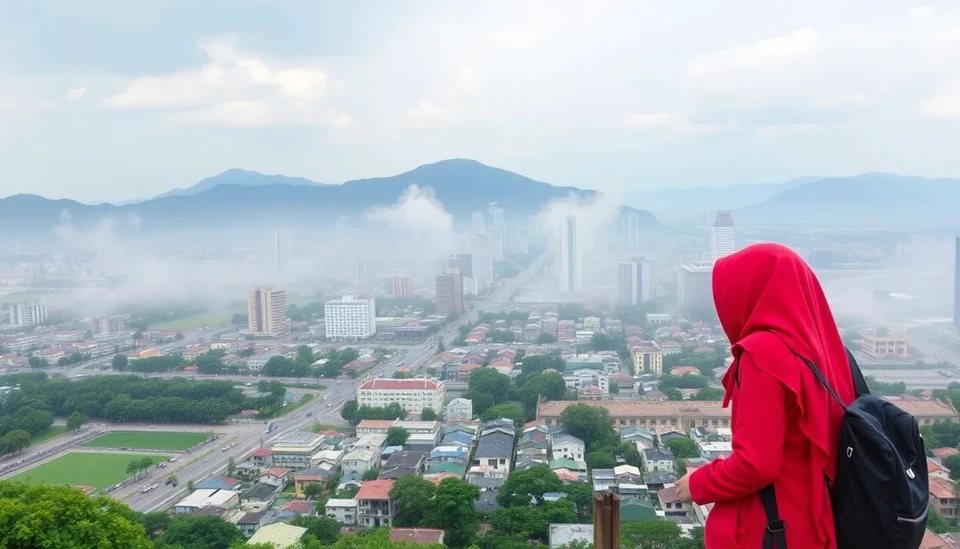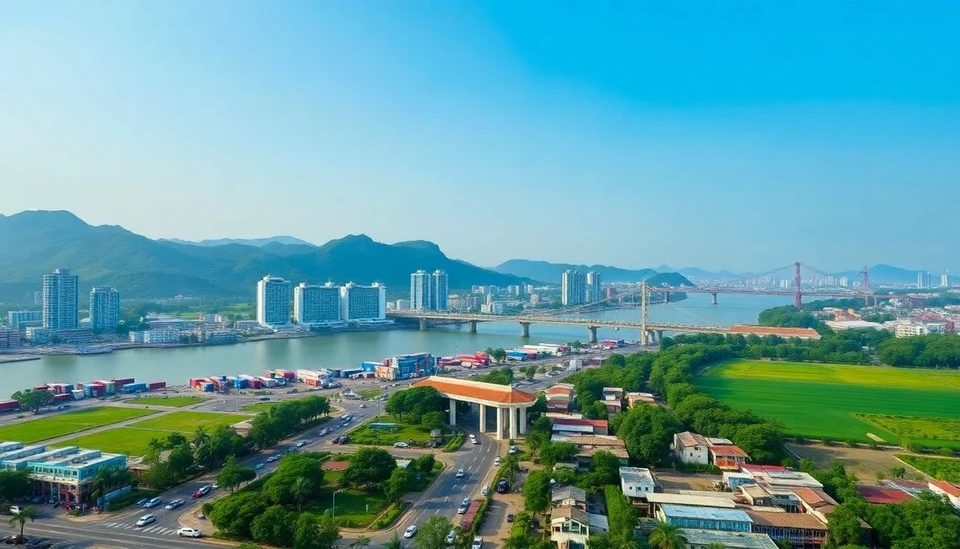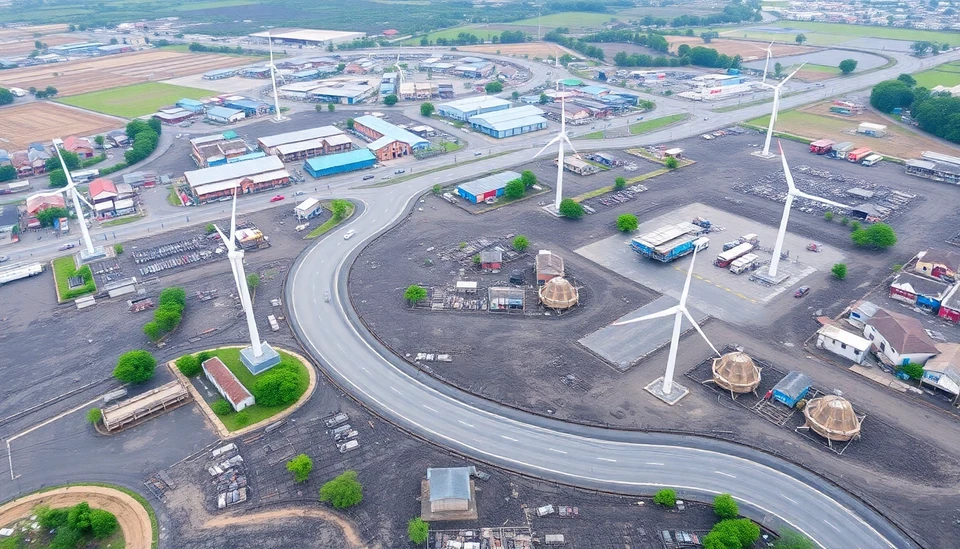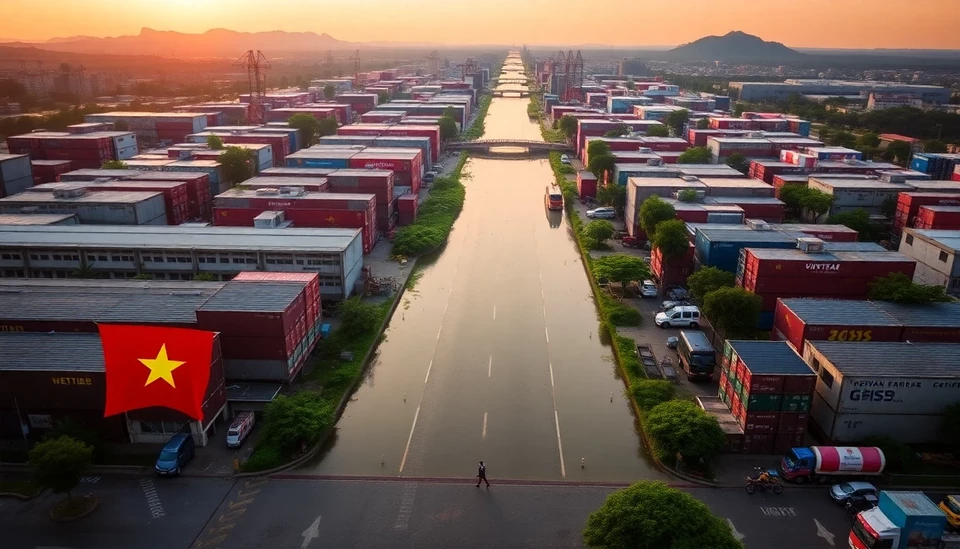
In recent weeks, Vietnam has been grappling with severe air pollution, sparking urgent discussions about the need for more effective measures to address the deteriorating air quality. Major urban centers, particularly Hanoi and Ho Chi Minh City, have seen alarming spikes in pollutant levels, raising significant health concerns among the local population.
The spike in smog has prompted warnings from health officials, as respiratory diseases increase among residents exposed to the toxic haze. Government data indicate that in the first week of January alone, air quality levels have fluctuated dramatically, with fine particulate matter (PM2.5) soaring beyond acceptable limits on several occasions. Experts attribute the worsening conditions to a combination of industrial emissions, vehicle exhaust, and agricultural burning, a trifecta that has pushed Vietnam’s air quality index to troubling lows.
Environmental advocates are particularly concerned about the lack of stringent regulations to combat the problem. Many argue that the current policies are not comprehensive enough to tackle the underlying causes of pollution effectively. Reports indicate that while the government has made strides in addressing environmental issues, the response remains insufficient against the rapid urbanization and industrial growth trends that exacerbate air quality deterioration.
The government contemplates imposing stricter regulations aimed at reducing vehicle emissions and enhancing industrial waste management. In a recent press briefing, a ministry representative stated, “We acknowledge the inadequacies in our current systems and are actively exploring ways to enhance our environmental protection strategies.”
In addition to regulatory measures, public awareness campaigns are being emphasized to educate citizens on reducing their own carbon footprints. This multi-faceted approach aims not only to mitigate current pollution levels but also to foster a sustainable mindset among the populace toward environmental stewardship.
Moreover, analysts are calling for greater collaboration between government agencies and private sectors to develop innovative solutions to combat air pollution. Various NGOs are mobilizing community initiatives focused on reforestation and promoting public transport, both seen as viable avenues to improve air quality over time.
As the smog continues to blanket cities in Vietnam, the pressures for immediate action are mounting. Residents are advised to limit outdoor activities during peak pollution times while advocating for more robust government intervention. If left unchecked, the health implications of poor air quality could have dire consequences for millions, impacting not only public health but also the nation’s economic stability.
The current situation in Vietnam serves as a crucial reminder of the challenges posed by rapid industrialization and urban growth. Without immediate and effective action, the citizens of Vietnam may face continuing episodes of hazardous air quality, underscoring the urgent need for tougher steps to mitigate air pollution and protect public health.
In conclusion, the Vietnamese government is at a crossroads, and the decisions made in the coming weeks will be critical in defining the future of air quality in the country. Citizens and environmentalists alike are watching closely, hopeful for the decisive changes that could lead to cleaner, healthier air and a more sustainable environment.
#Vietnam #AirPollution #EnvironmentalProtection #SmogCrisis #PublicHealth #CleanAir #GovernmentPolicy #Sustainability
Author: Sophie Bennett




